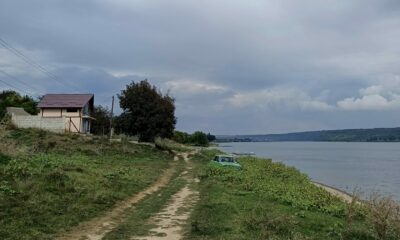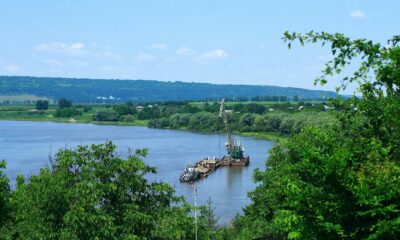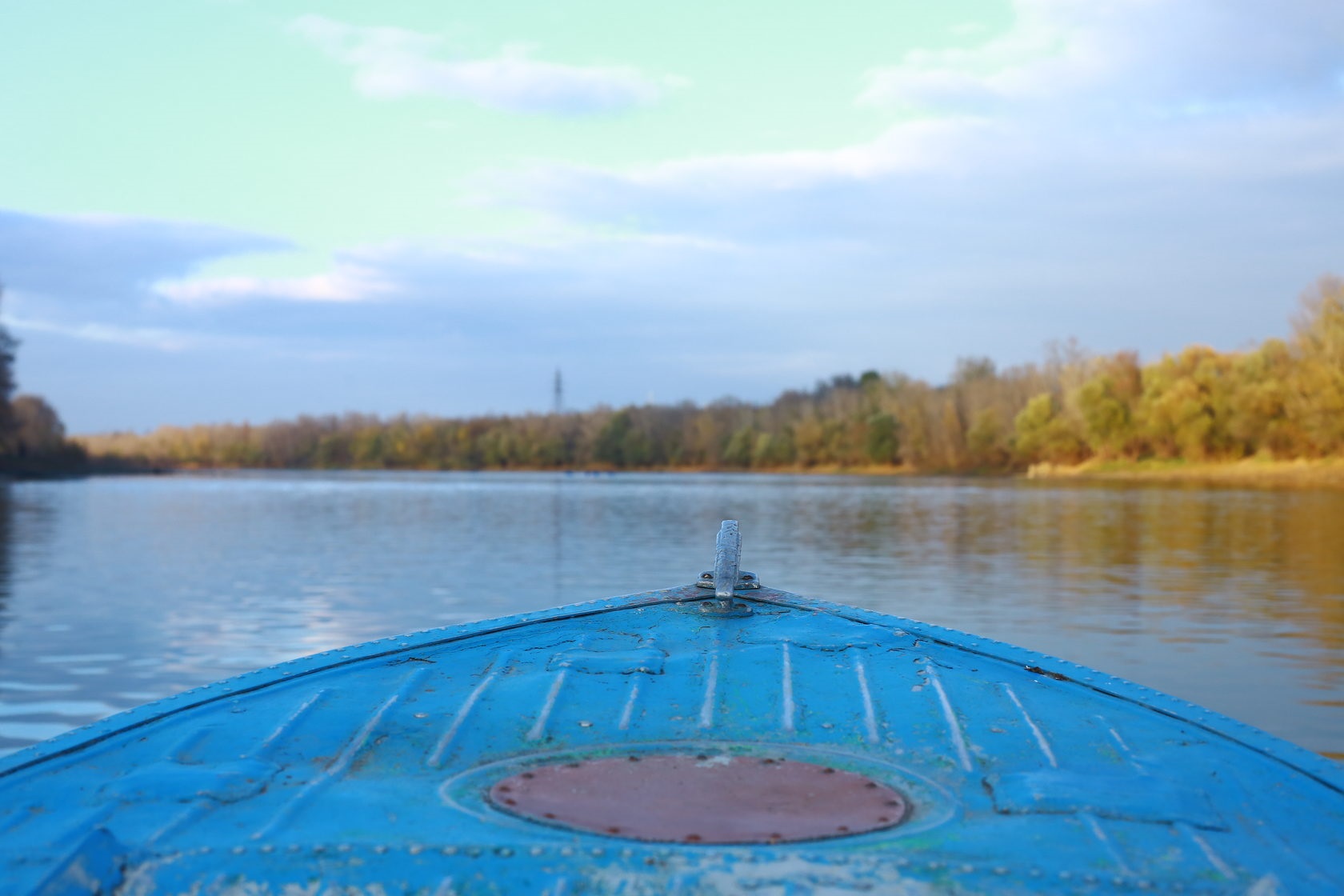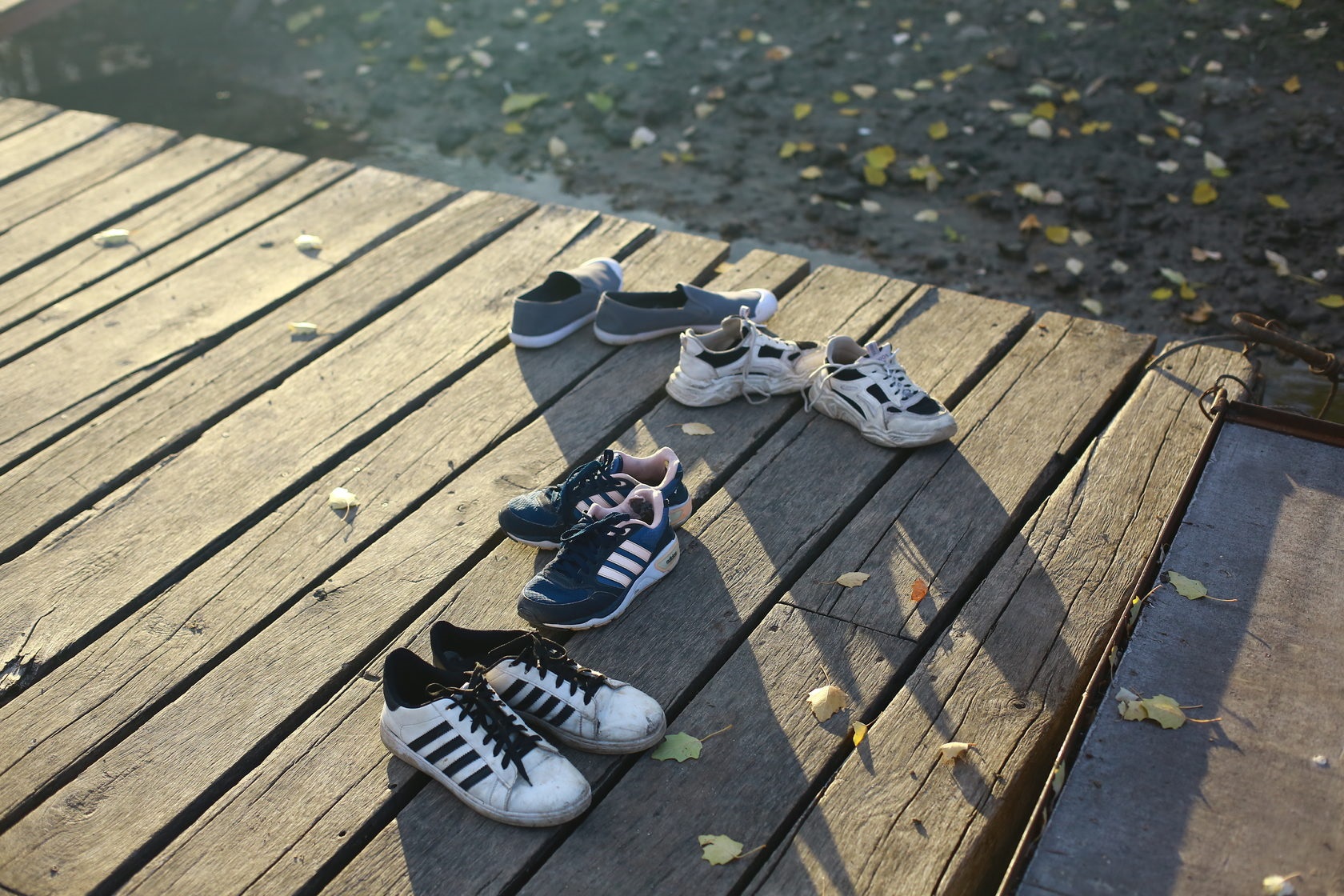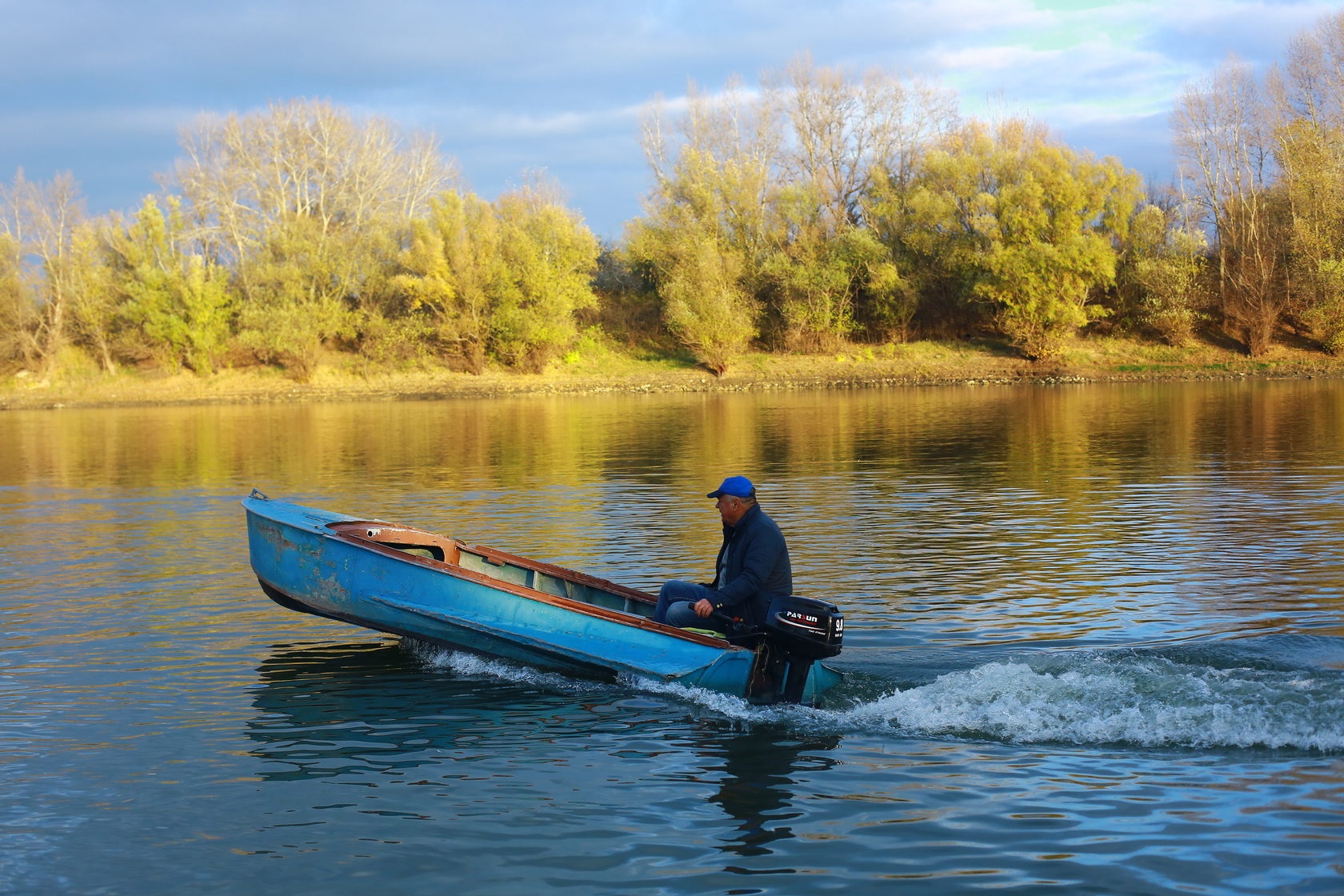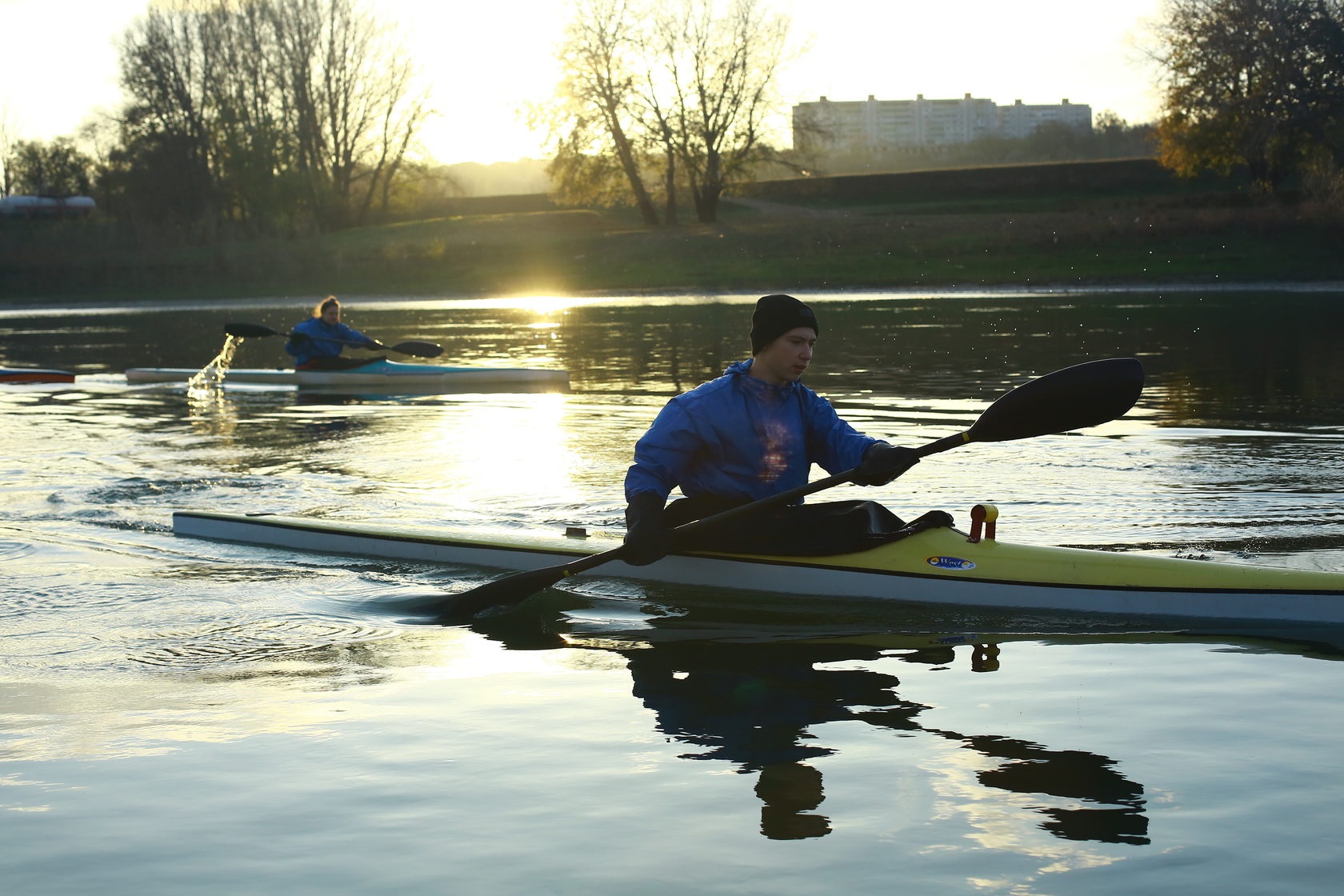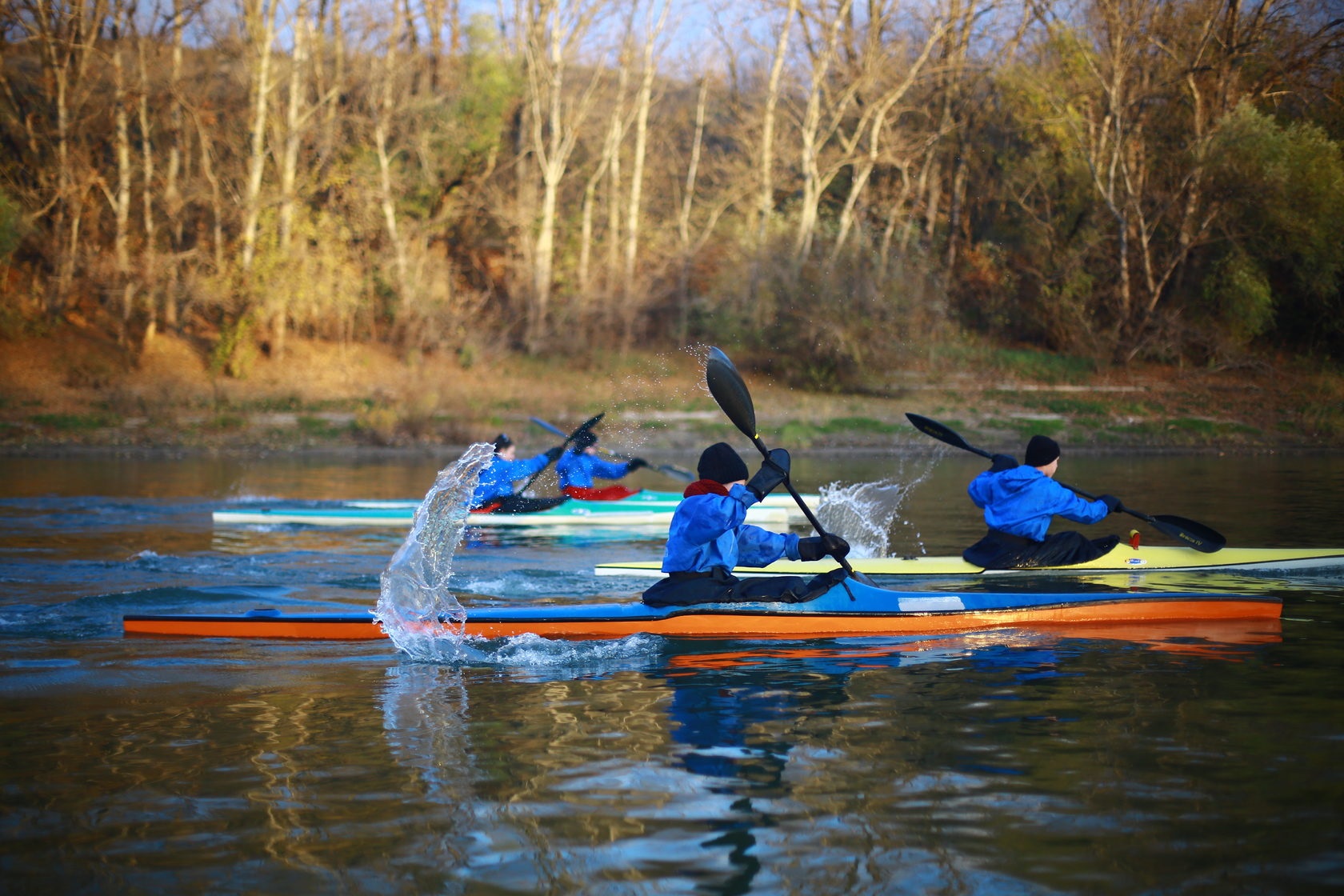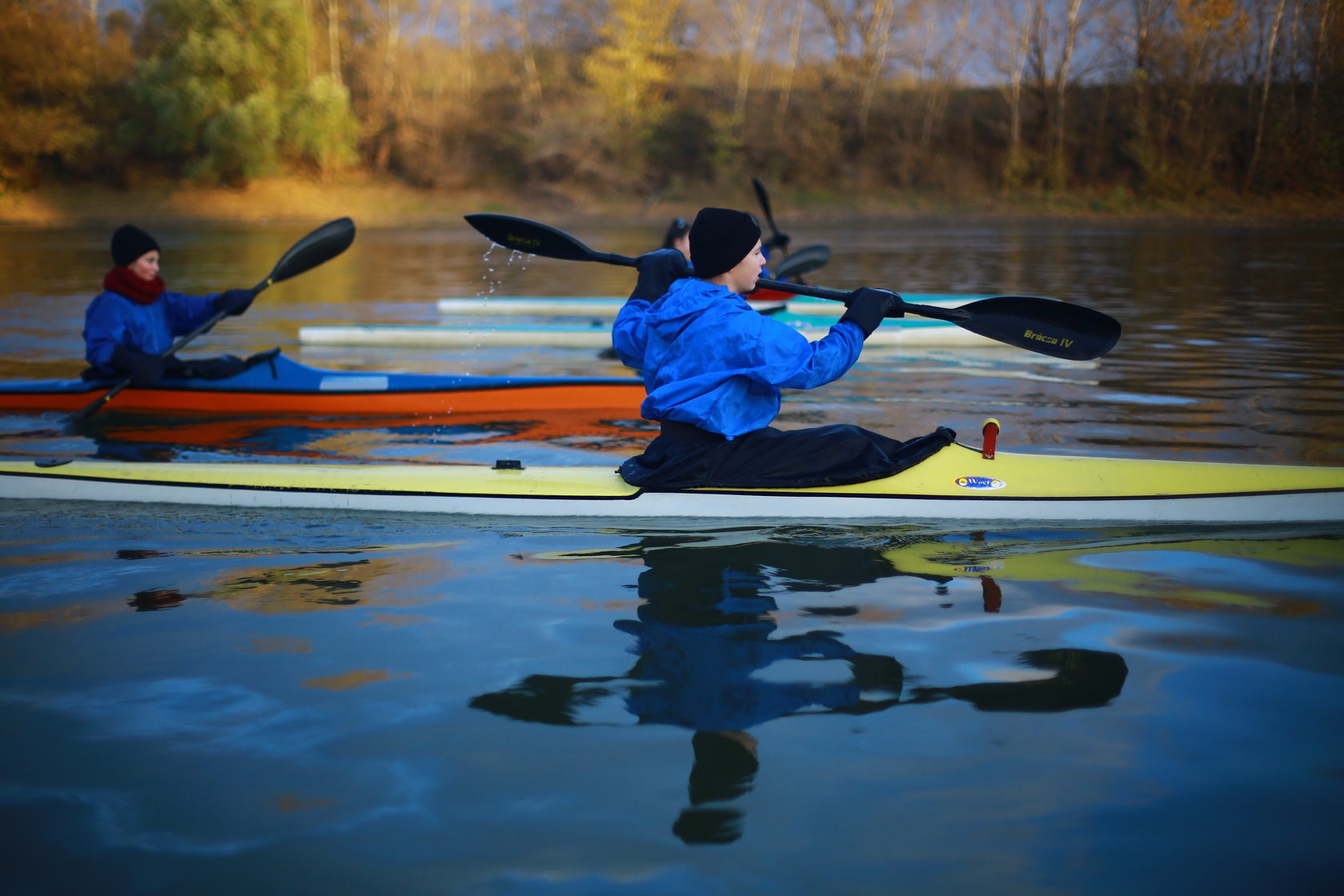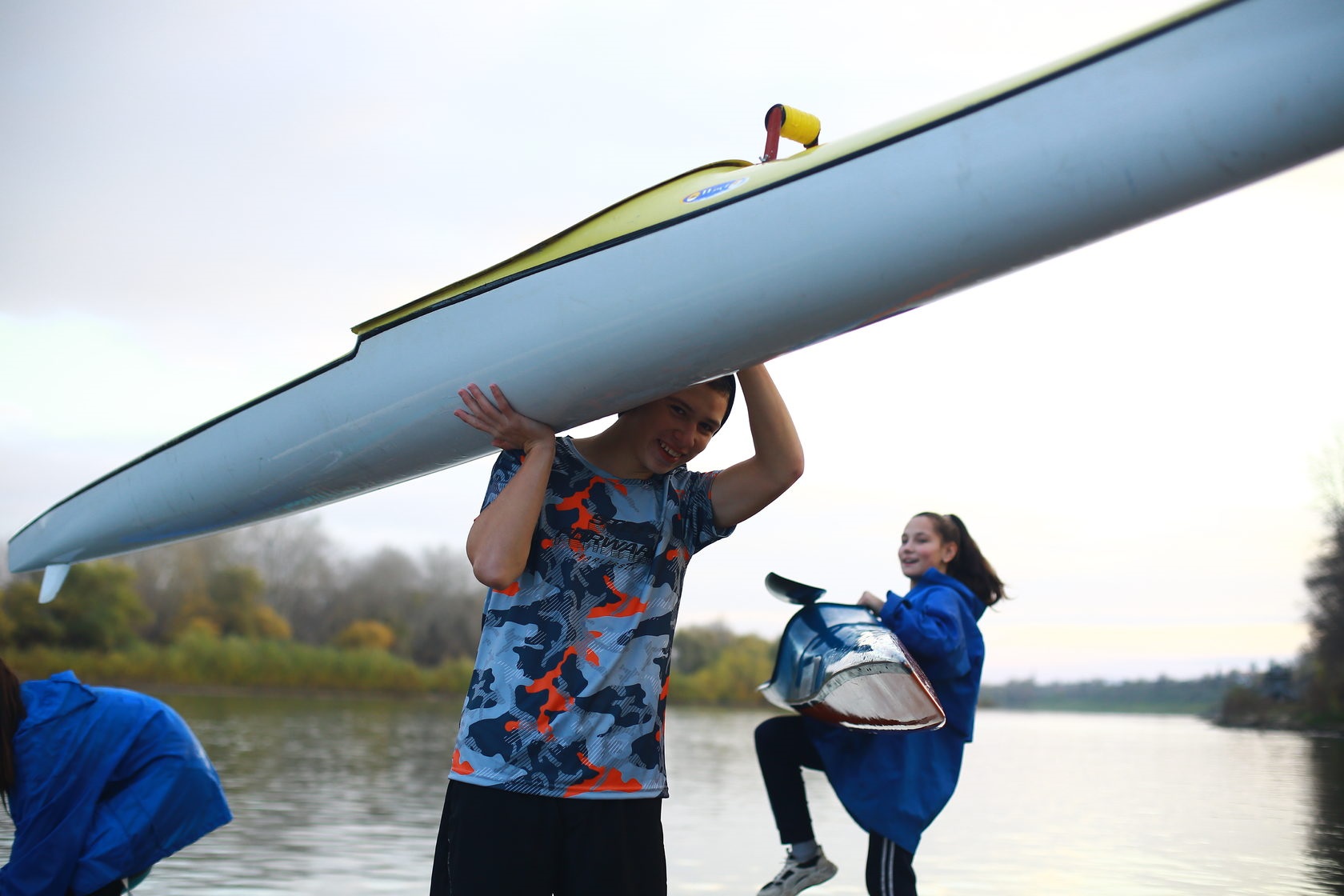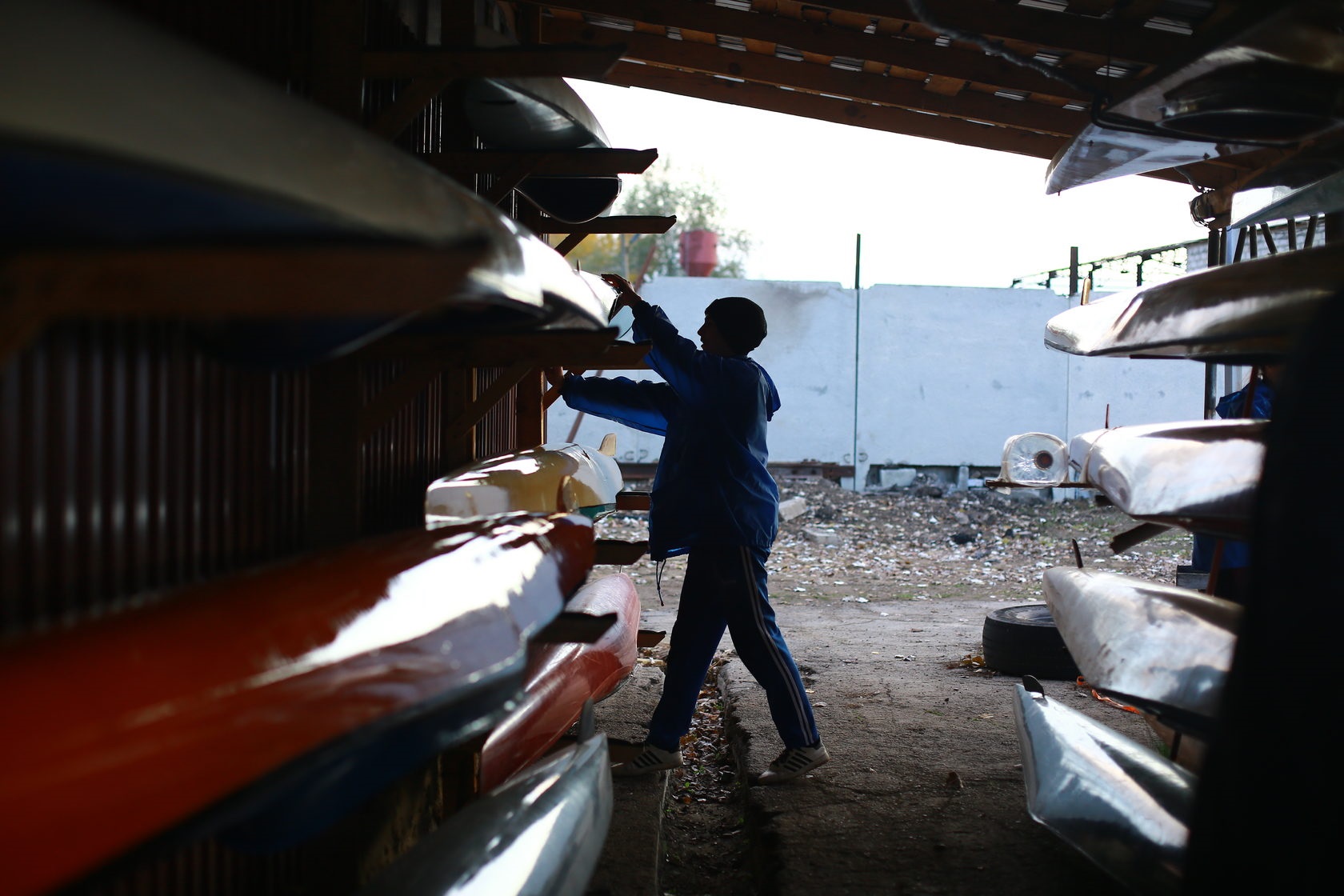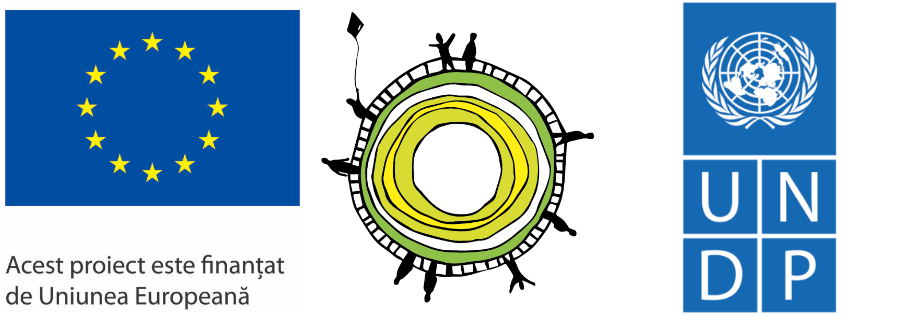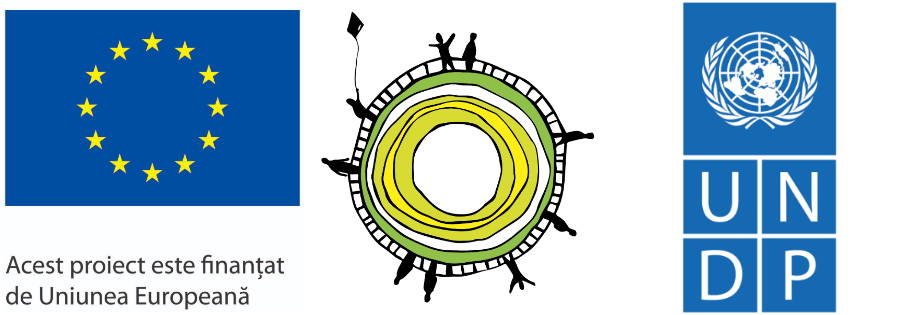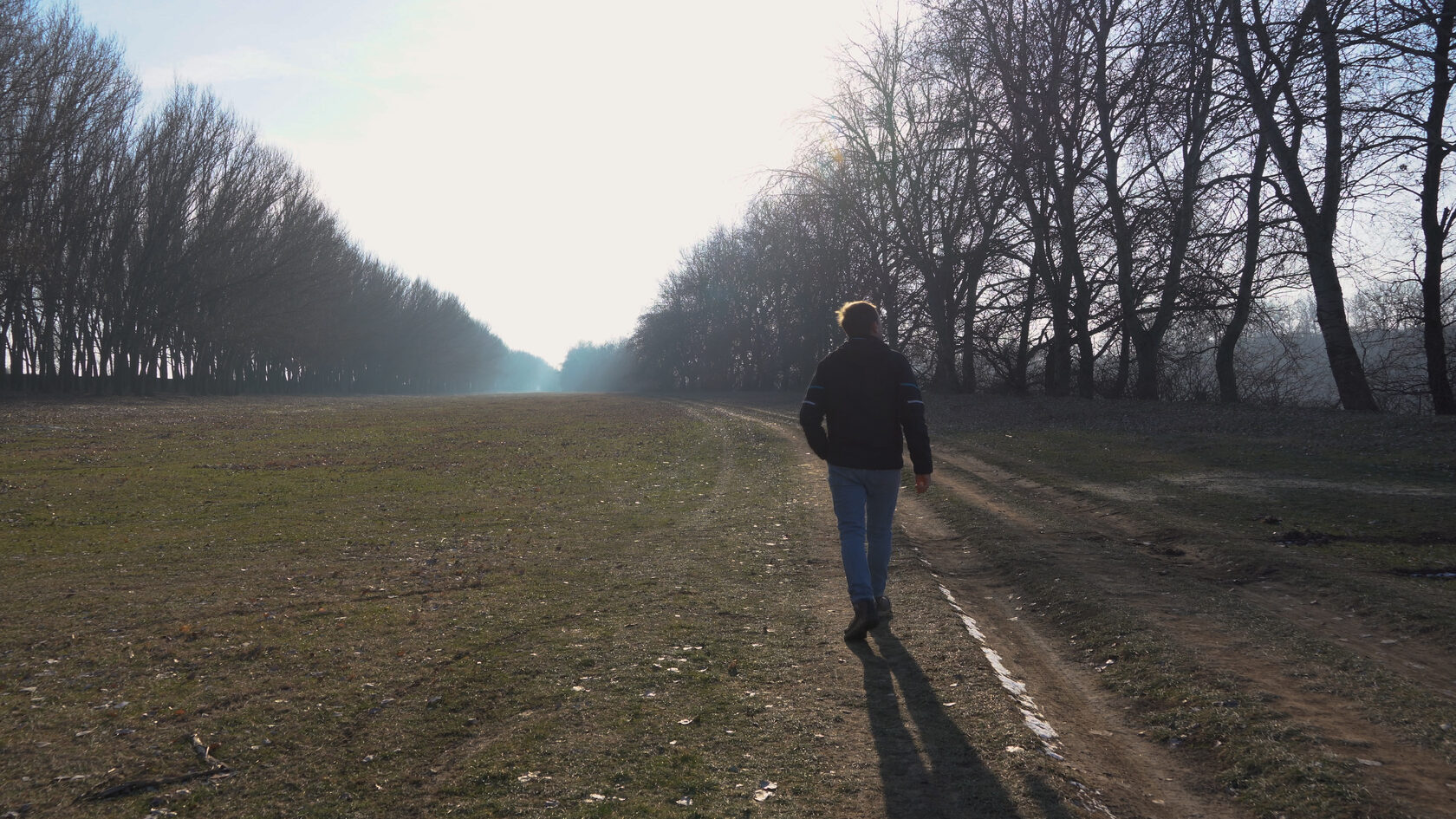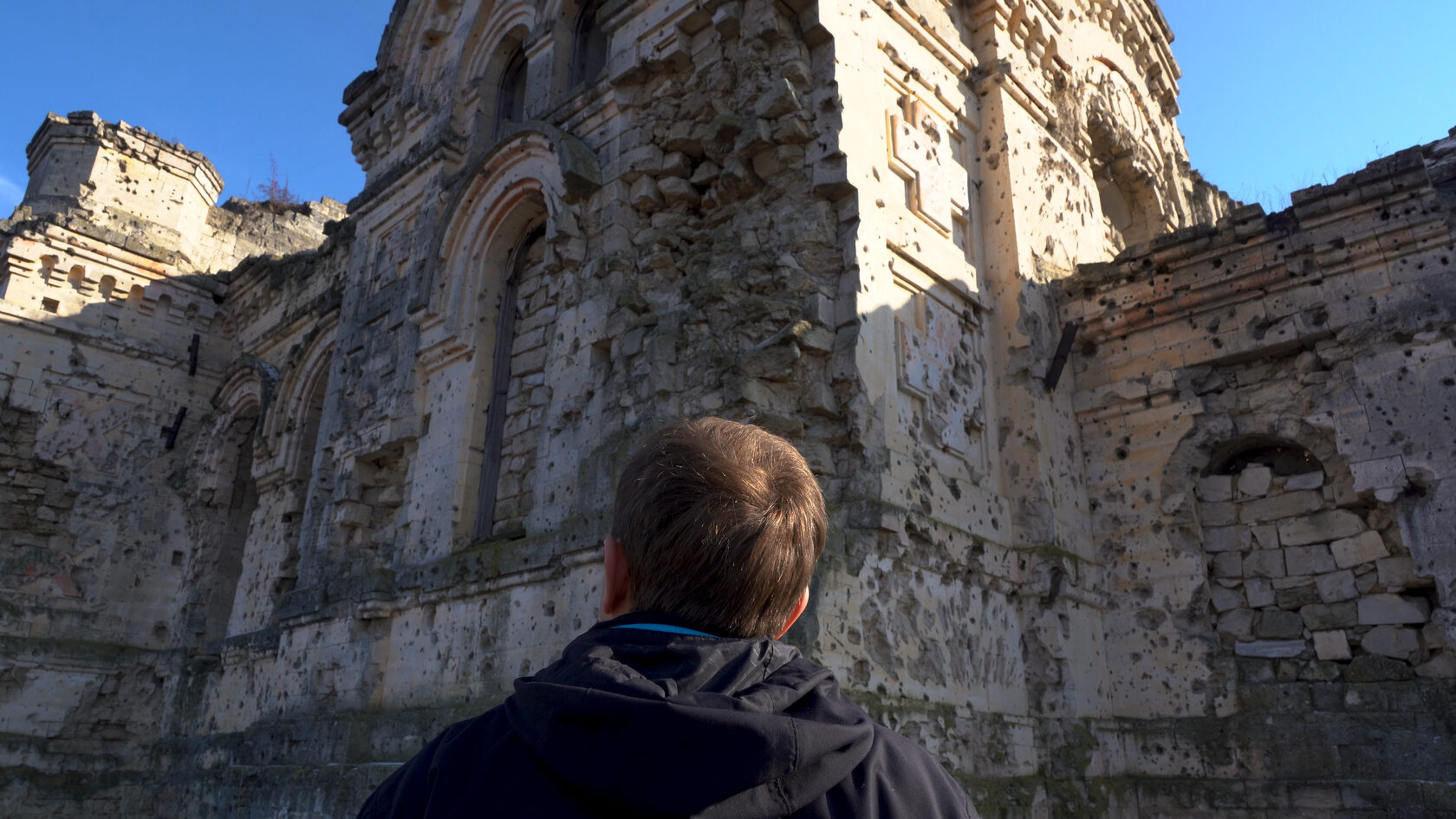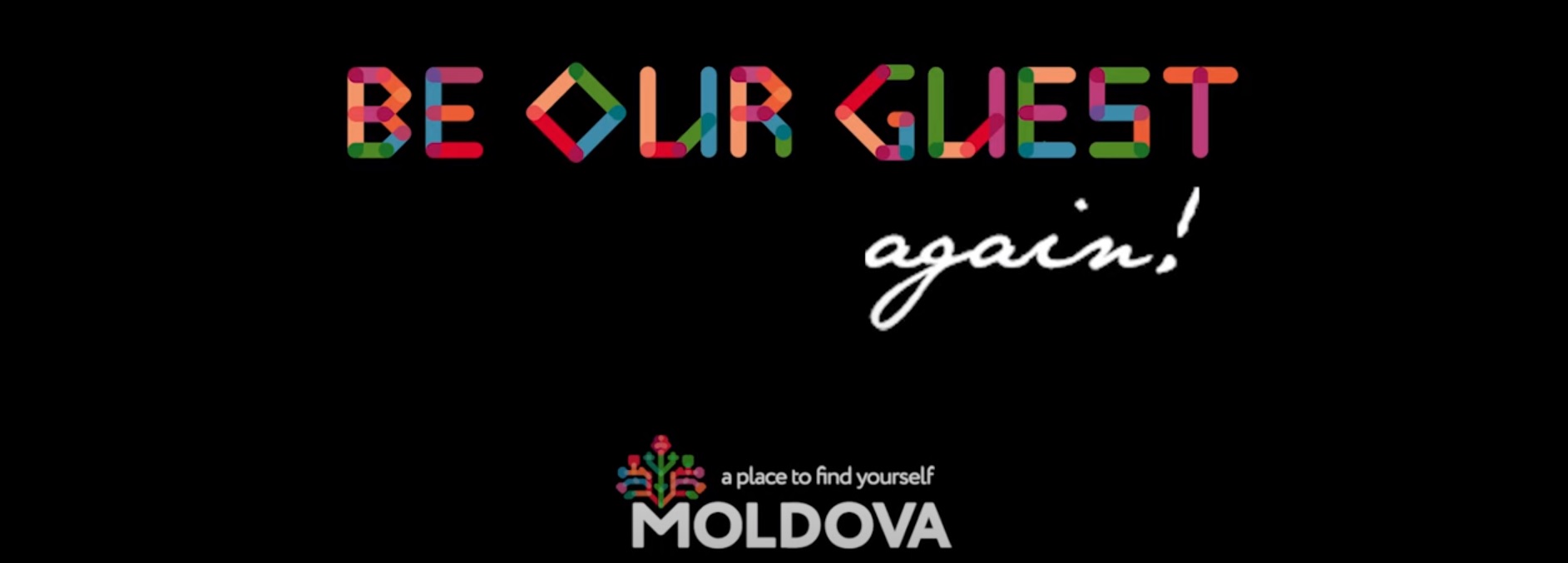
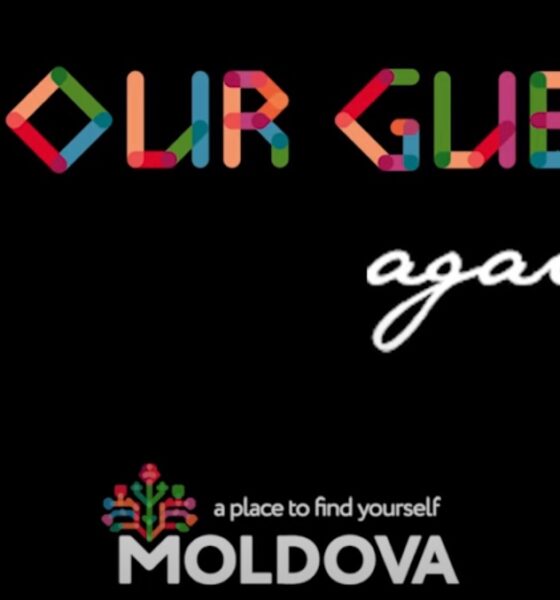
Culture
“Be our guest again!” when the pandemic period is over
A tourism promotional video was recently published by VOLT Cinematography – a film, commercial, music, and video animation production company from Moldova. The slogan of the short movie is “Be our guest again!” meant to revive the touristic activity in Moldova after the pandemic period. The film’s director and scriptwriter is Vlad Bolgarin.
The recent short movie followed the first promotional video, which was published in 2017, being produced by Atelier, and having Viorel Mardare as director. The first short movie, with the slogan “Be Our Guest in Moldova”, featured a foreigner who got lost while taking a walk in Moldova’s countryside. The main character, who resembled Brad Pitt, was played by Ronald Huisman, a Dutch actor visiting Moldova.
VOLT Cinematography also produced the miniseries “Lost in Moldova” and the animation film “OF” | “Sigh”, which received a multitude of awards and prizes at national and international film festivals.
See also: The first episode of “Lost in Moldova” miniseries was released
Here are seven reasons to visit Moldova, if you haven’t done it yet.
Photo: Volt Cinematography| Facebook
Culture
The man raising children on Nistru river

Culture
The village of the first astronomer in the Republic of Moldova

Culture
The prodigal son returns and turns his grandparents’ home in a tourist attraction on Nistru river

Reading Time: 7 minutesOn the road towards the school, a well-maintained rural house catches your eye, yellow stags painted on its blue terrace. Behind the house, Nistru river flows peacefully.
Petru Bondari, the owner of the house, comes out into the yard with a plastic bottle. He goes to the spring to bring some water for the tea. He wears a waterproof jacket and hiking boots. Hi walks slowly and looks around with his clear blue eyes, reminiscing about his childhood. He is now 34 years old, and the love for his home village and the passion in his voice makes you believe that everything is possible, wherever you decide to live.
The scrambled eggs
It’s 11 o’clock on a cold winter day. The wind sweeps the snowflakes and the village seems numb. Petru’s childhood is strongly connected to everything related to swimming in the Nistru river, to the cows, to grandma Ileana and the cold plăcinte she used to cook. The children of Pohrebea would run towards Nistru whenever they had the time. Petru remembers the tricks he used in order to have as much time for himself as possible. Once, his mother allowed him to go swimming with the boys only after he would bring her two buckets of horse manure for her to render the oven. “And because I couldn’t find enough manure, I filled the buckets with soil and I placed the manure on top. My mother was amazed that I came back so quickly, and I quickly ran away to the river,” he laughs with nostalgia.
The village of Pohrebea in Dubăsari rayon is inhabited by a few hundred people. It became famous following the “Hodina” festival in 2019. After this event, people became interested in the beautiful landscape of the Nistru river bank. Some even bought houses, which they transformed into guest houses.
When he reaches the spring, Petru bends over and fills the bottle with cold water running from a pipe. A stone wall is built around it, in order to protect it from the rocks falling from up the hill. Even now the locals come and take water from the spring in front of the school close to his grandmother’s house, where he used to come running during the recess and eat something warm and tasty. “The best plăcinte and găluște I had where cooked by grandma Ileana. She would often prepare some scrambled eggs in a hurry. They were so good, that many of my colleagues were dreaming about this dish.” He still remembers the way she was scrambling the eggs so masterfully. “When I was going into the kitchen and see the oil lamp lit, I would know immediately that it’s a Holy day. And it was then when my grandma would cook cold plăcinte, which were incredibly tasty,” recalls Petru about his grandmother, whom he lost when he was a child. Even now, he is still very connected to her. He only knows his grandpa from pictures – he went to war and never came back.
„I felt torn away from everything that makes up a home”
After the death of his grandma, the household became empty. Because it was a difficult period in their lives, his parents decided to sell his grandparents’ house. The new owners left abroad shortly, and grandma Ileana’s house was left unattended. “Every time I was passing by, I felt so much sadness…” Petru admits.
He grew up and went to study Law in Chișinău. At the university he understood that this field is not for him, so he started applying to different programs which offered him the opportunities to leave abroad. “There is this stereotype that if you want to have the life you desire, you must absolutely leave Moldova. I believed it too.” Thus, as a student, he went to Romania, Ukraine, Switzerland, Poland, Belgium, France and the US. In the meantime, he got married.
“Wherever I would end up, I always felt like being torn away from everything that makes up a home,” he admits. Four years ago, Petru returned to Pohrebea. “Nowhere in the world could I feel like home. Only in the village I was born and grew up.” But once he returned, he didn’t find his childhood friends here, ass they all live abroad. This didn’t discourage him. He knew that in Pohrebea he had a place where he can build his life and that he wouldn’t have to start everything from zero. Using his experience, he launched a small business organizing team buildings. The concept is that the activities would take place open air, on the Island of the Cows, the place where the local villagers would take their cows and leave them there from spring till autumn, and in the evening they would go there to milk them. “The cows have everything they need to be happy there, but it is also a very picturesque place,” he smiles, fixing his hair ruffled by the hat.
„La mâca Ileana” guest house
Although years have passed, Petru was still saddened when he would walk near the house where his grandma used to cook him scrambled eggs or the cold plăcinte specially prepared for celebrations. He had some savings and one year ago he contacted the owners of his grandmother’s house. He wanted to buy it no matter the cost. “At first, they told me like 20 times that they wouldn’t sell, then they wouldn’t even answer the phone. But after a while, maybe they thought that they can get rid of me if they ask for a price five times higher than the one they bought it with in the beginning,” he recalls. But in the summer of 2020, both parties signed the sales agreement. Since then, his grandparents’ house started to change to become a guest house. The idea was to open its doors wide to all the people who are in need of peace and quiet, dreamy scrambled eggs and cold plăcinte.
He repaired the house while preserving its authenticity: the roof covered with clay tiles, the whitewashed walls, the colorful ornaments on the outside walls and the old frames with family pictures. Also, he collected old objects in the village, which he arranged in the yard and on the wooden terrace. Thus, in the autumn of 2020, the guest house opened its doors. Here you can find accommodation, but also see how the corn is grinded at the old stone mill Petru took from aunt Dunea. She got it from her mother-in-law, but the original owner is still unknown.
Because the pandemic is still not a thing of the past, the business cannot really flourish, but Petru says that he’s not losing hope. “We have time to make improvements. Everything is new to us, but we adapt,” he says while sitting on the wooden terrace.
The old mill
In the alley there’s aunt Dunea, who is trying to calm down her nephew. The poor little guy was at the dentist earlier and his grandma tries to bribe him with the promise of a fresh colac (ring shaped-bread) and Coca-Cola, as a reward for the teeth he lost so bravely.
“Aunt Dunea, come in… Do you remember the mill you gave me?” asks Petru, while putting his arm over the woman’s shoulders. She is dressed in a black mantle and has a wool scarf over her head. “You want to have a museum here, right?” she jokes timidly. Aunt Dunea looks around till she sees the mill, and memories start coming back to her.
When she was young, her husband, “a strong fellow”, would pour two buckets of wheat and grind them in the mill. They were making flour for bread, plăcinte and cookies. The cold plăcinte were always the stars at every table. She would always share them with the entire neighborhood, with all her relatives. “I have relatives on both banks of Nistru river. When we gathered, the house was full. I went to a few weddings in Transnistria, and they would come to ours. They also make beautiful weddings, very beautiful, I have godchildren there. We call each other, we keep in touch,” she says.
When the people from both banks of Nistru river will visit the “La mâca Ileana” guest house, Petru will grind some corn and make a mămăligă. “We, as common people, don’t have this segregation that one is Moldovan, one is Romanian and the other is Ukrainian or Russian, if they are from Transnistrian region or not,” Petru explains, and aunt Dunea confirms, nodding her head.
The idea of a guest house came to Petru Bondari while also having in mind the revival of the village. From its hills you can see Nistru – a wonderful view attracting tourists. “If the village is visited by more tourists, the locals will have the opportunity to sell their products and stay in the village,” he says. This is why Petru wants to stay in Moldova and develop his business, because “Moldova has potential”.
Moreover, Petru tells us that in the last few years, many houses in Pohrebea were bought by “outsiders”. “Most of them want to transform their houses into vacation homes, where they can spend their weekends and holidays,” he explains.
Pohrebea is a village of legends: kurgans, objects from the Cucuteni-Trypillian civilization and the legend of “Saint Alexei” church are just some of them. In the future, Petru wants to collaborate with entrepreneurs from the left bank of Nistru river, because both sides wish for this to happen. “I had the opportunity on numerous occasions to talk to the people from the Transnistrian region. They told me they would be happy to do things that would improve the situation on their side. Undoubtedly, the desire is there. And when it’s strong enough, everything is possible,” Petru says, while looking at the alleys of the village where he was born, where he grew up and where he wishes to stay.
Author: Eugenia Ciurcă
Editor: Anastasia Condruc








